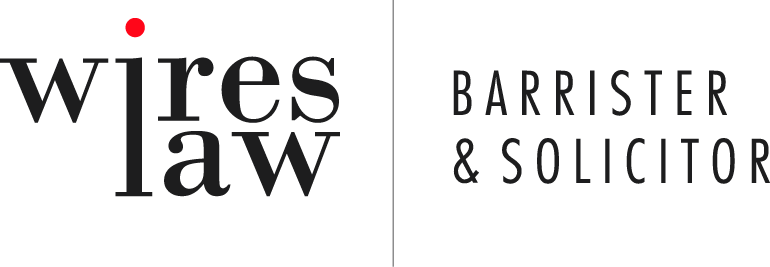DISCLAIMER: The information in this article is not (and is not intended to be) legal advice. This is legal information only. Reviewing information about the law may help you understand whether you need legal assistance. Whether and how this information applies to your circumstances requires the assistance of legal counsel who can apply the information to your needs. Do not rely on this article to make decisions. You may contact Wires Law, and we would be pleased to determine whether our firm can assist you. No solicitor-client relationship is established until we confirm we can act for you in a legal services agreement. Read our Terms of Use for more information.
Can you use a Competitor’s Trademark in Your Website’s Metatags? That was the main issue in Red Label Vacations Inc. (redtag.ca) v. 411 Travel Buys Limited (411travelbuys.ca), 2015 FC 18 (CanLII). In that case, the Federal Court of Canada accepted evidence that a defendant’s website contained meta-tags copied from a plaintiff’s website. Some of the meta-tags were trademarks or trade names owned and used by the plaintiff. Meta-tags, although not visible on a webpage to an end-user (unless you view the page’s source code), are used to aid search engines in indexing a site’s contents for search engine optimization purposes.
On the issue of copyright infringement, the Federal Court found that:
“[w]hile in some cases there may be sufficient originality in metatags to attract copyright protection when viewed as a whole, the substance of the metatags asserted by the Plaintiff in this case does not meet the threshold required to acquire copyright protection in Canada.”
On the issue of passing off and trademark infringement from using the plaintiff’s names in the meta-tags, the Court held that:
“Even if a searcher is looking for the website connected with a particular trade name or trademark, once that person reaches the website, there must be confusion as to the source of the entity or person providing the services or goods. If there is no likelihood of confusion with respect to the source of the goods or services on the website, there is no support for finding this prong of the test for passing off. Accordingly, use of a competitor’s trademark or trade name in metatags does not, by itself, constitute a basis for a likelihood of confusion, because the consumer is still free to choose and purchase the goods or services from the website he or she initially searched for.”
While this decision does not mean that in all cases using a competitor’s trademark or name in a meta-tag will be permitted, it certainly establishes important guidelines for what factors a court will consider in determining copyright or trademark infringement. To read the case in full visit Red Label Vacations Inc. (redtag.ca) v. 411 Travel Buys Limited (411travelbuys.ca), 2015 FC 18 (CanLII).
On appeal, the Federal Court of Appeal confirmed the decision, although stated (among other things):
“While, in some situations, inserting a registered trade-mark (or a trade-mark that is confusing with a registered trade-mark) in a metatag may constitute advertising of services that would give rise to a claim for infringement, in this case, this reference to “Book Online with Red Tag Vacations” cannot be considered to be advertising the services of 411 Travel Buys in connection with the services offered by Red Label.”
While not all agree with the interpretation, website owners should be careful that their own use of a trademark or name in a metatag is not done so in a way that constitutes infringement or misleading and deceptive marketing practices. Contact a lawyer for legal advice.
This post is part of our “LawBits” series. Short punchy legal updates that impact your business.

